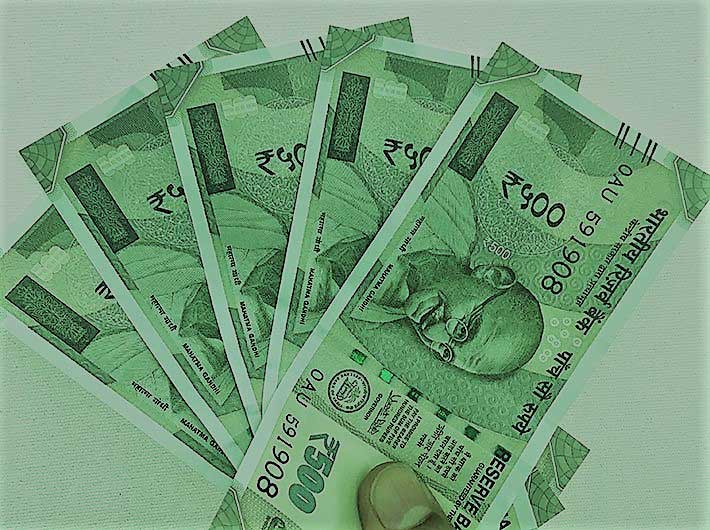India has challenges ahead to make finance environmentally responsible but RBI has made a beginning
Green Banking is an initiative taken by the banks to promote environment-friendly practices and reduce carbon footprint of their activities. Green financing (a part of ‘Green Banking’) is a broad term that can refer to a financial investment flowing into sustainable development projects and initiatives, environmental products, and policies that encourage the development of a more sustainable economy. Another important aspect of green banking is ‘Green Taxonomy’ which provides a catalogue/ dictionary to define what exactly could be termed environmentally sustainable investments. Green taxonomy enables companies and investors to make better and more informed choices.
Environmental, Social, and Governance (ESG) is a prominent aspect of green banking. It has evolved in recent years to meet the demands of institutional and retail investors, as well as several public sector authorities, that aim to better towards incorporating long-term financial risks and opportunities into their investment decision-making processes to generate long-term values. The banking industry is one of the key areas responsible for the economic growth of a nation, but owing to globalisation, a phenomenon of sequential prostration for the implementation of minimum global banking regulation standards to avoid cross-country impact of banking disruptions or crises arises.
Green Banking too has its roots attached to Basel Principles (Norms) of Responsible Banking. The first set of Basel Accord, popularly known as ‘Basel-I’ was issued in 1988 with a primary focus on credit risks. It proposed the creation of a banking asset classification system on the basis of an inherent risk of the asset. The Basel-I principles, further revised in 2004, categorised as Basel-II norms, are intended to create a uniform international standard on the amount of capital that banks need to guard themselves against financial and operational risks. The third revision is at its nascent stage of implementation under Basel-III norms, recently implemented in 2018. It calls for greater strengthening of capital requirements, bank liquidity, and bank leverage.
Apart from these, there are two aspects: the Sustainable Banking Network (SBN) and Network of Central Banks and Supervisors for Greening the Financial System (NGFS). ‘Sustainable Banking Network’ is an informal and exclusive group of banking regulators and associations that are interested in sustainable banking policies, guidelines, and practices. Its main objective is to facilitate the collective learning of its members to support them in policy development to create drivers for sustainable finance practices. NGFS is a group of central banks committed to sharing best practices contributing to the development of climate – and environment-related risk management in the financial sector and mobilizing mainstream finance to support the transition toward a sustainable economy.
Given this background, green banking works to enhance the green activities by the banks and financial institutions to find an intersection of financial risk capacity with climate physical, transition, and liability risks (NGFS Report on Climate Change and Credit Ratings, 2022). The intersection of the above two has no precedence and hence some of the FIs and Banks are indulging in activities that are diluting the entire fundamentals of green banking under a green blended finance framework. One such activity includes ‘Green Washing’, which normally refers to the practice of construing an activity as more environmentally friendly than it actually is. In that, it compares with its precursor concept of ‘whitewashing’ which signifies money laundering. Green washing is a smart technique exercised by institutions in the form of hidden trade-offs, misleading silence, fake NGO endorsements, false labels, vagueness in claims, and claims without proof. Due to recent incidents and greater awareness in the field of green washing, regulations by NGFS, established philosophies by taxonomies of EU, China, CBI, etc. are providing references to curb such malaise activities.
A country like India has its own challenges to make green banking work efficiently. It’s practically difficult for India to do so before the central bank, RBI, implements Basel-II norms on its 18 principles given under revised norms of the Accord. Many European nations have successfully implemented the Basel-II reforms. India, however, came up with a working paper, released by RBI in April 2023, urging commercial banks and other financial institutions to issue green loan deposits which are to be implemented from June 2023.
Dr Megha Jain is Assistant Professor, Shyam Lal College (M), University of Delhi, and Dr Palakh Jain is Associate Professor, Bennett University, and Sr Visiting Fellow, Pahle India Foundation.
The write-up reflects the authors’ own opinion and compilation with no association to any of the institutions.
